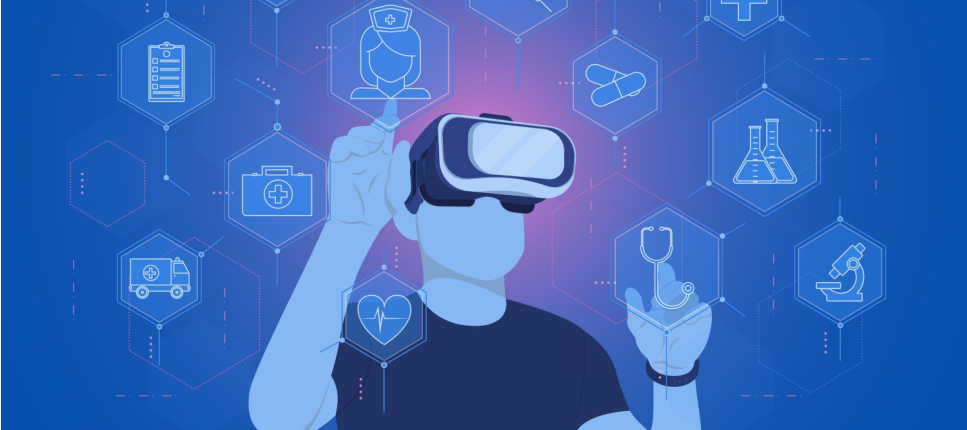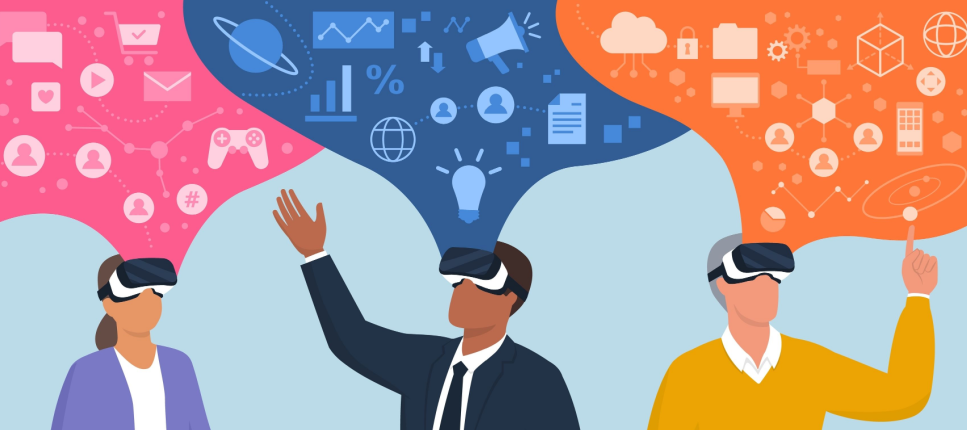What AI can’t do (yet)
The performance of generative artificial intelligence (AI), which the general public has been discovering since the release of ChatGPT, is impressive, and not a week goes by without the appearance of new tools using this technology. Based on training data and thanks to a hyper-powerful mathematical system, generative AI can understand a complex query and statistically predict the best possible response, whether this involves solving a mathematical or scientific problem, coding, or producing text, image, audio or video. While AI experts predict it could surpass us on several fronts in the coming years or decades, it currently lacks some of the skills needed to compete with us on every cognitive terrain.









